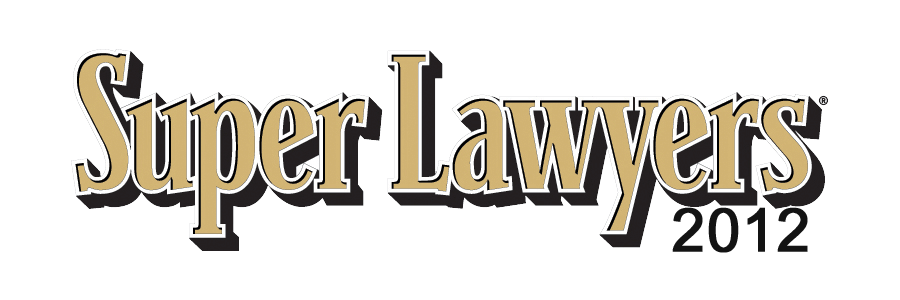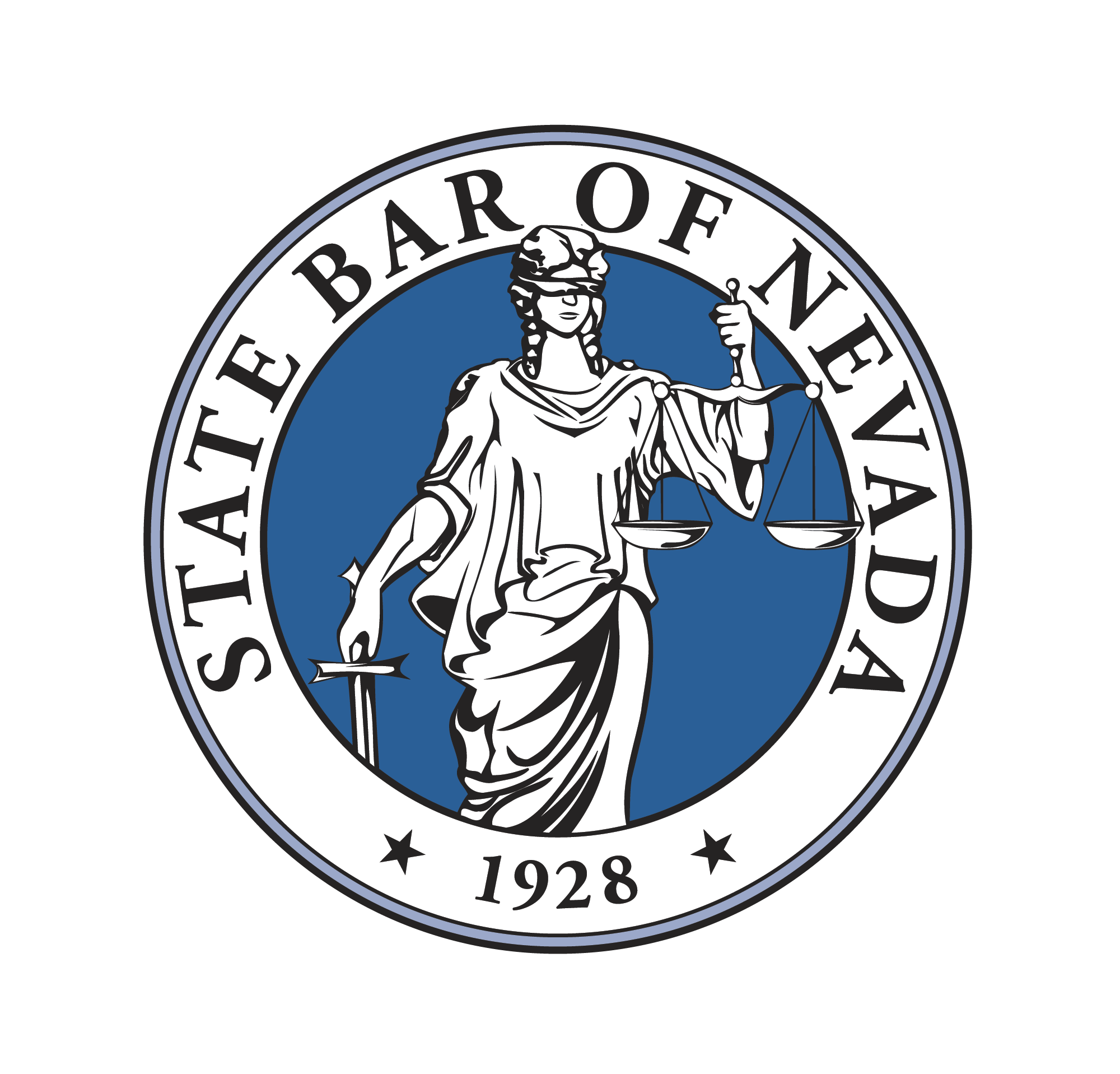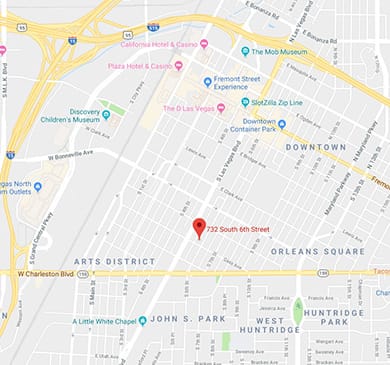Discovering that your loved one has been the victim of elder abuse is a devastating and emotional event. Unfortunately, you are not alone. Elder abuse/nursing home abuse and neglect occurs at an alarmingly high rate, due in part because the residents are fragile and many times are afraid or incapable of speaking up.
At Saggese & Associates, our attorneys understand the emotional trauma associated with these types of cases and provide the compassion and commitment it takes to help victims and their families recover compensation for their losses. We have devoted our practice to helping the injured and fight aggressively to ensure that all nursing home workers who engage in any form of abuse are held accountable.
To speak privately with one of our elder abuse lawyers, contact us today. We will listen to your story and help you recover compensation for your injuries and losses in a nursing home abuse lawsuit.
Sadly, elder abuse occurs every day. There are many types of abuse that may occur, including:
- Physical elder abuse: Physical abuse involves use of physical force that may result in bodily injuries, impairments and pain.
- Emotional elder abuse: Emotional abuse may involve verbal assaults, threats, insults, isolating or ignoring a nursing home resident, harassment, intimidation and humiliation.
- Negligence: Nursing home abuse neglect occurs when a worker refuses or fails to provide adequate care for a resident. This typically involves failure to provide necessities including water, food, clothing, medication, personal hygiene, safety and comfort.
- Abandonment: Abandonment typically occurs when a care provider deserts a person after agreeing to take care of them.
- Financial exploitation: Financial exploitation involves the use of a nursing home resident's funds, assets or property. For instance, cashing a nursing home resident's checks without permission, stealing a resident's property or money and coercing a resident into signing a will or other contracts.
Signs to Look for if You Suspect Your Loved One is Being Abused
Because all forms of elder abuse may not be physical, some are harder to detect. However, if you begin to notice any behavior that is abnormal or out of character, you should start looking out for the following possible signs that abuse or neglect may be occurring:
- A sudden change in behavior
- Acting agitated or upset
- Acting withdrawn and unresponsive
- Dehydration, malnutrition, poor personal hygiene
- Unsanitary living conditions
- The nursing home refusing to allow you to have alone time with the resident
- Unexplained bruises, welts, lacerations, broken bones
- Untreated injuries or bed sores
- Unusual behavior usually attributed to dementia (rocking, biting, sucking)






























